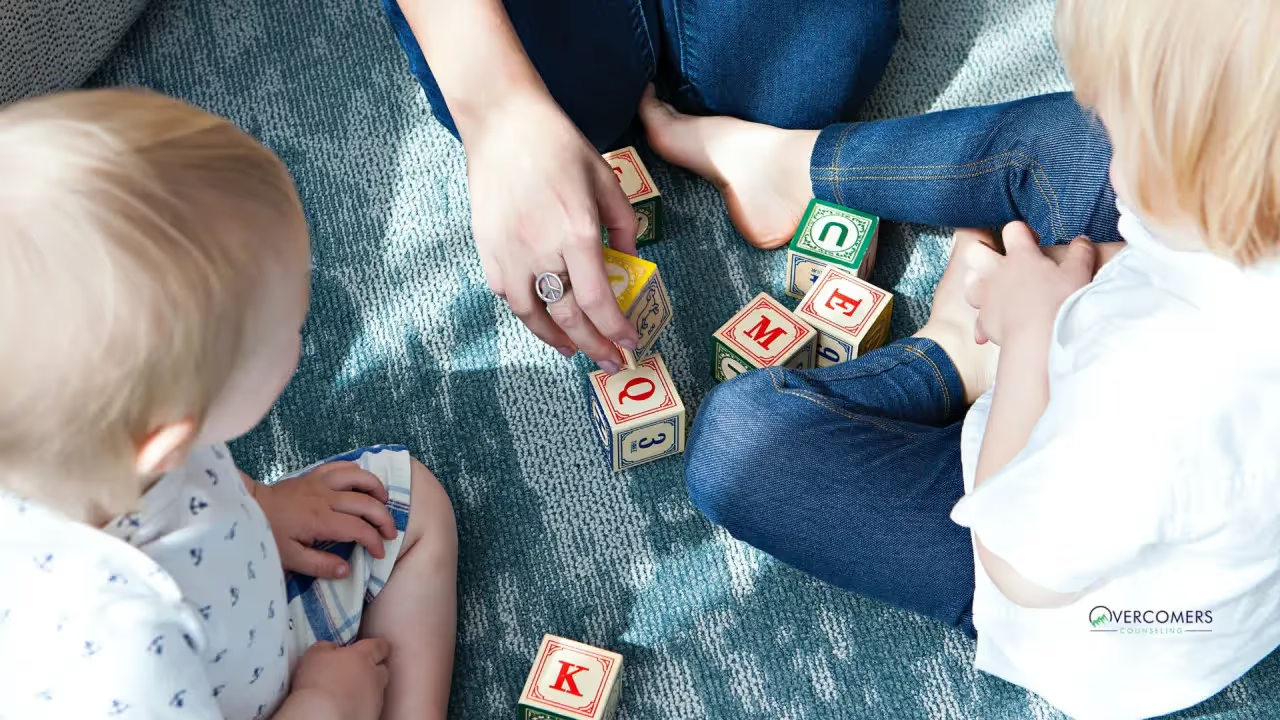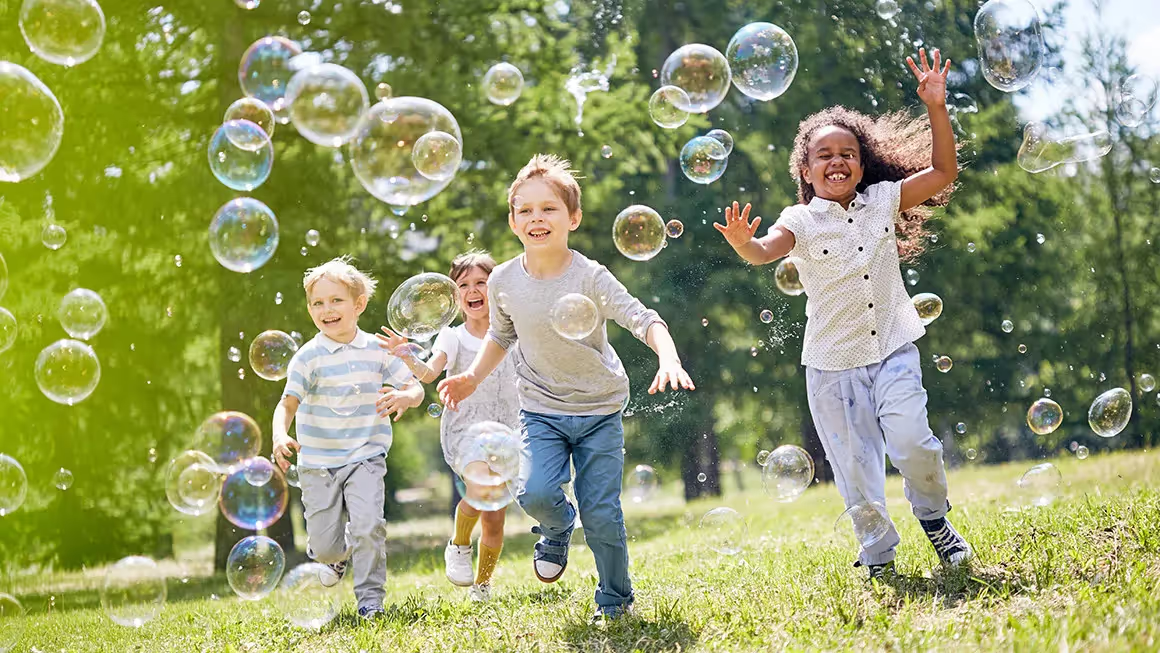The mental health of children is very important and it starts in the home. Family strength is irreplaceable when it comes to the mental health of children....

The mental health of children is very important and it starts in the home. Family strength is irreplaceable when it comes to the mental health of children. Unfortunately, for many families, school and extracurricular activities have taken the palace of family connection and communication. I have spoken to many parents who are worried about their kids and don't feel like they know how to talk to them. Social media has a large part to play in the ever-increasing wall between parents and their kids. What's even more upsetting is that the social media wall is being built on both sides, that is, many of the parents are helping to build that wall by spending too much time on their phones as well. The fact is, when it comes to the mental health of children, nothing replaces genuine interest and open communication between parents and their kids. This can be tough and even awkward, and it's certainly easier to escape onto the phone when that seems to be the only thing both parties want to do anyway. But, at the end of the day, it's going to take some awkward attempts to change those dynamics for the better. To make things a little less awkward we're going to introduce three communication games to help bridge the gap and limit the awkward silences. Again, this is for the mental health of children, but it may do wonders for you as well.
To kick things off we have Name-and-Tame. This will take a little crafting on your part, but all you have to do is google a Feelings Wheel to print out and turn into a spinner. Depending on your crafting level, Hobby Lobby can help you make a pretty impressive spinner, or if you're more my level, a few paper clips are good enough. This game is designed to help develop the mental health of children by introducing a wider vocabulary of feelings words. A huge part of mental health is being able to label the specific emotion that is being experienced. While playing your children (and you) get introduced to a wide arrange of emotional words that will help you pinpoint the specific feeling. The next part gets even better. Each person spins and then has to tell a story (can be true or made up) about that emotion. This helps develop empathy, and emotional awareness, and helps you understand life through your child's eyes. Whether the story is true or not, the story itself can help develop an understanding of various situations that evoke different emotions. Helping your children understand their emotions, and emotions in general is a great tool for the mental health of children regardless of age.
The next communication game is one a regularly do with friends and family. The name of the game is Highs and Lows. This is the perfect game for around the dinner table at the end of the day. Each person goes one by one and talks about the high point of their day, the low point of their day, and finally what they are looking forward to tomorrow. This game is nice because it isn't too invasive but opens the door and can be a good opportunity to get a little more information than just asking "how was your day." Additionally, by ending on a positive note that is future-oriented it leaves everyone feeling good and primes them to have a little more motivation heading into the next day. Priming is what happens when we give ourselves or others verbal, or non-verbal cues that then prepare the mind to think in a certain way, or about a certain thing. So, when you end with the question, "what are you looking forward to most tomorrow?" you are priming yourself and your child to think of something enjoyable they get to do, instead of dreading another day at school. When it comes to the mental health of children, priming can be a great way to get their minds on the positive things they're excited about. After all, each of us knows how easy it is to be stuck thinking about all the things we least want to do. So, Highs and Lows is a great tool for the mental health of children, and yourself, and it feels completely natural as opposed to a forced conversation about homework and teachers.

Our first two games improve the mental health of children first and foremost by helping you connect to your kids. They also help your kids become more emotionally aware and help you get to know what is going on in your kid's life without things feeling forced. Another great game that is great for improving the mental health of children is, well, play! No matter what age, from kindergarten to retirement home, play is essential for developing mental health for children. Encouraging play releases endorphins, strengthens pair bonding, activates dopamine, improves mood, strengthens the immune system and so much more. We focus so much on mental health strategies that often forget the most basic element of mental health for children, play. You can read all the books in the world on raising your child, but nothing beats the pure and simple act of being at play. This might be particularly hard for parents because, for a lot of you, I'm willing to bet it's been a long time since you've genuinely felt the joy and satisfaction of playing. Your children will pick up your habits, they watch you very closely and learn a lot about how to act, what to avoid, and what to celebrate by watching you. If you aren't able to tap into play, then you are demonstrating to your children that play isn't important. But, if you can tap into play then they learn that fun and joy are important parts of life and will bring you closer to your kids.
Connecting to your kids can be a challenging endeavor, especially as they get older. The games we've discussed today are for any and all ages, but the recruitment will be much easier the younger they are. No matter what, each of these games will improve your ability to communicate with your kids and it will certainly improve the mental health of children of all ages. We, like our children, want to feel heard, understood, and to enjoy life. With the implementation of these games not only can you develop these skills, but you can help your children develop them as well. The mental health of children is so important, communication is important, play is important.
Help your child by providing support and guidance, using positive language, highlighting the progress they have made, breaking down the challenge into smaller steps, and motivating them with positive affirmations.